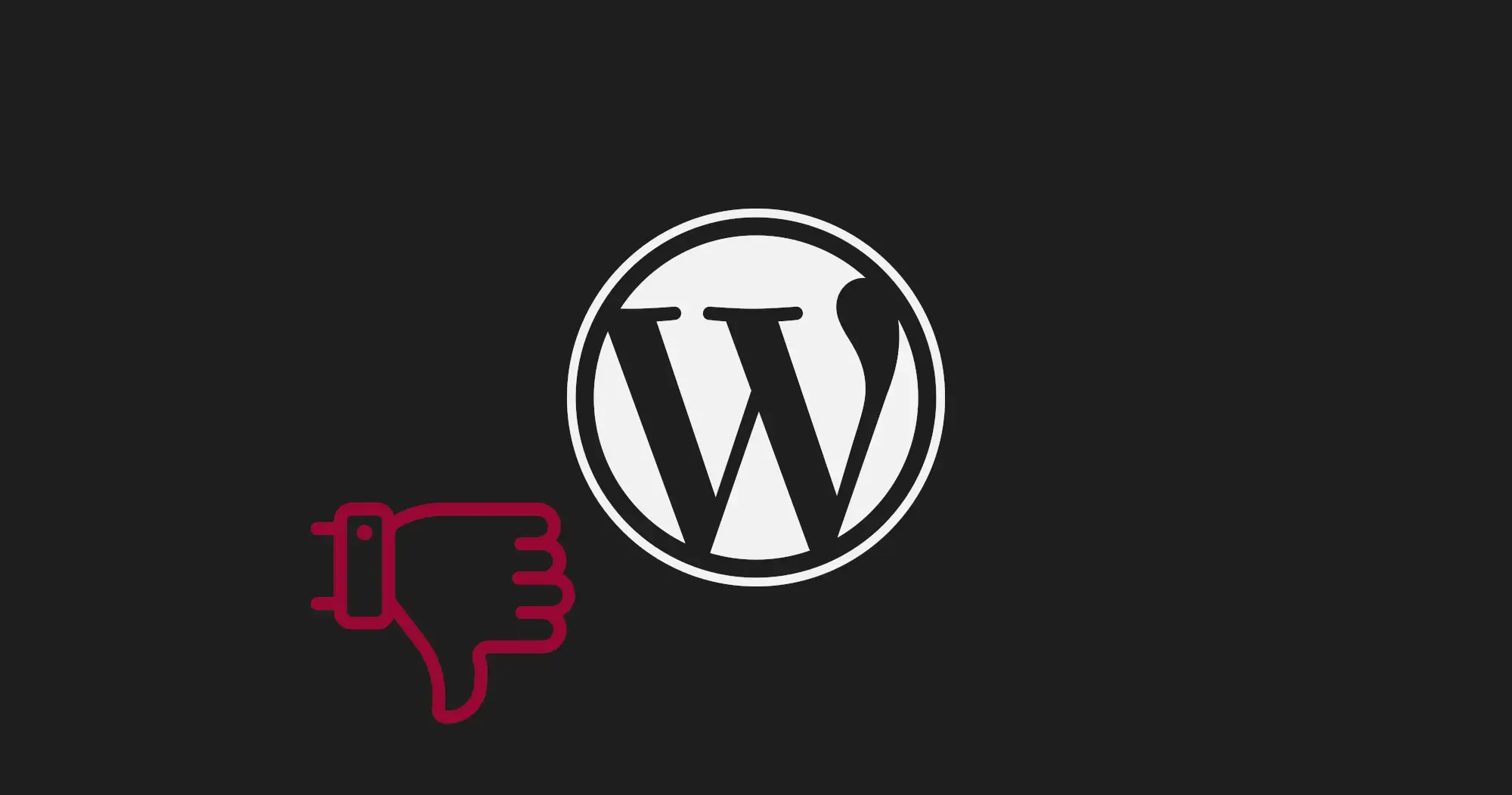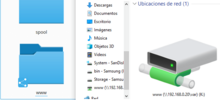WordPress is a well-known content management system, and today it is used by approximately 43% of all pages on the Internet. People prefer it because, it is popular, it is simple, it does not have many requirements, and practically anyone with basic knowledge can start a page with WordPress.
What are the disadvantages?
With more than 20 years of existence, it seems that it continues to drag the same thing. Personally, after not using it for 10 years, it is practically the same, just retouched. Its attraction before was the Plugins, and today they still are. To give a few examples of problems you have, customization is still poor, for example something as basic as content types and custom taxonomies, which cannot be done from the admin panel. Of course there are plugins for this, however, the point of matching the operation of a system content type to a custom content type is very far away, it is complicated. Why do I say it? The last time I did this, I added a content type, and it didn't work with the new WordPress editor called Full Site Editing. I tried to disable it and once I started using it, it seemed impossible to disable. In my opinion, this happens when you mix very old functionalities with new features and expect everything to work.
Is it still slow?
That's right, I'm surprised that despite taking up very little space and being only a blogging system, it is still very slow, even slower than Drupal 8 was when it was almost completely restructured (Drupal 10 no longer has this problem). It must be clarified that this is not a verdict, it may seem the opposite to some people.
What alternatives do I recommend?
If yours is the basics, stick with the known bad. In any other case, if you care more about well-made and customized things, we can start with Drupal. If we check the AlternativeTo page, we can see that Drupal is the first alternative, along with Ghost and Joomla. I do not recommend Ghost for the simple reason that it uses Node.js, and not because it is bad, but because it is more complicated than platforms with Apache, LiteSpeed or Nginx and PHP. Joomla is said to be more flexible than WordPress, and in this case we can use it on a common platform with LiteSpeed and PHP.
Conclusions
You have to take the best of everything, you don't have to get married to a single tool, but you also have to avoid jumping from system to system with each system no matter how popular it is, I say this because it is expensive, perhaps one at a glance It doesn't capture it, but if you look at it from a general point of view, if it is really worth investigating for hours on the Internet, what other system is best for us, if the one we already use meets our requirements for the project we are developing.





